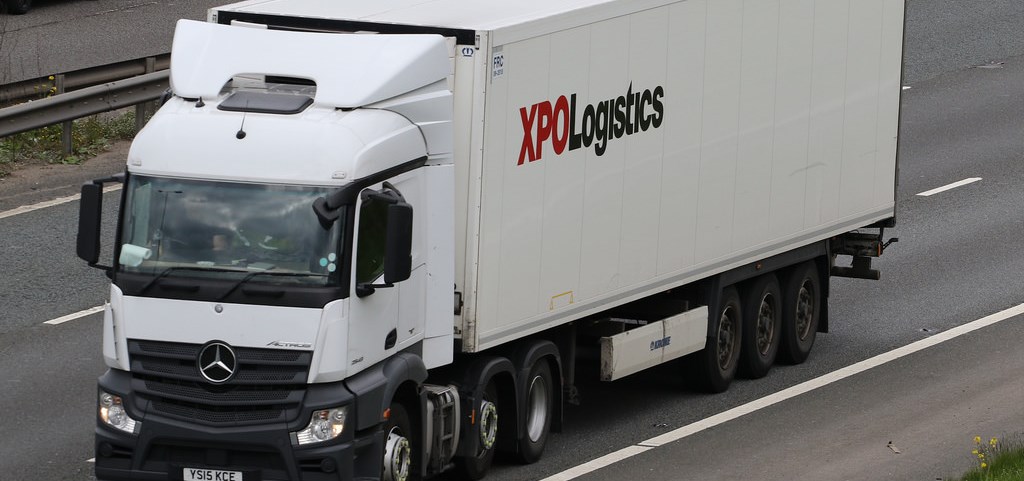Seven months’ food supply warning
Britain could only sustain itself on home-grown produce for seven months in the event of a Brexit that prevented food from easily being imported from the EU and abroad, according to new research.
Unite called on the government to secure a Brexit deal that protects Britain’s food security, following reports in recent days that the risks of a hard Brexit are increasing.
Although Number 10 insists that it is confident a deal can be reached within the few months of negotiations left, international trade secretary Liam Fox said the chances of a no-deal Brexit are “60-40”.
The analysis found that if Britain crashed out of the EU on January 1 2019 and became wholly self-sufficient, the nation’s food stocks would run out by August 7 the same year.
Britain’s food security has been falling for decades, with figures from the Department of Environment, Food and Rural Affairs (DEFRA) showing the country produced 74 per cent of the total food needed nationally 30 years ago, compared to just 60 per cent today.
Farm worker and deputy-chair of Unite’s national food, drink and agriculture (FDA) committee, Steve Leniec, said, “Those of us involved in food production were aware that we are nowhere near sustainable self-sufficiency, however to have it quantified in such stark terms should focus minds.
“For all the concern of employers in the FDA sector (about post-Brexit food security), they play their part by encouraging a low skill, low wage industry that no one wants to work in, hence the panic over (access to migrant labour once Britain leaves the EU).”
Concerns
Concerns over the UK’s still undecided post-Brexit migration policies have also been highlighted in a study by leading food specialists.
The “Feeding Britain: Food Security after Brexit” study, which was co-authored by City University professor Tim Lang, questions whether the government is considering the FDA sector’s vital role in the EU talks, warns about the threat a “careless Brexit” poses to the nation’s food security and standards and calls for a sustainable national food strategy.
Unite member and food security expert Charlie Clutterbuck – who has written extensively about Brexit – said more investment is needed if Britain is to produce more of its own food supply once it has left the EU.
He said, “The problem of producing more is that to do that there has to be much more investment – and doing away with the Agricultural Wages Board proved the opposite and encouraged a low wage low skills mentality – when we need careers for life on the land.
“Investment means that the government should be putting in a lot more in too – rather than running down research stations for the last 30 years. We need them to work out what will grow best – where, and when.”
Hard Brexit warning
Clutterbuck also warned about the forces in the UK who are attempted to push for a hard Brexit regardless of its devastating impact.
He added, “(The hard Brexiteers) will try and get us to lower our tariffs to let in cheap food – utter disaster for our rural communities, but also likely in most of the ‘free trade deals’ we hear about (from the Tories).”
Unite acting national officer for FDA, Sue Pollard, detailed Unite’s Brexit demands for the FDA sector.
She said, “To mitigate the impact of Brexit the government must retain or replicate the existing regulatory framework – including the many hard won workers’ rights underpinned by the EU.
“The government’s industrial strategy must recognise the FDA as a strategically vital sector for the economy and support investment and positive procurement. Investment is also needed in skills and training, not only to meet the technological challenges of a dynamic sector, but also to retain a food industry in the UK.”
Referencing the many EU staff that keep the UK’s FDA sector afloat, acting national FDA officer Joe Clarke said Unite is calling for safeguards that defend all workers against wage cutting.
“That must include ending the exploitation of migrant workers,” Clarke said.
“These safeguards must include stronger collective bargaining rights, so any employer wishing to recruit labour abroad should only be able to do so if they are either covered by a proper trade union agreement or by sectoral collective bargaining.”
 Like
Like Follow
Follow


